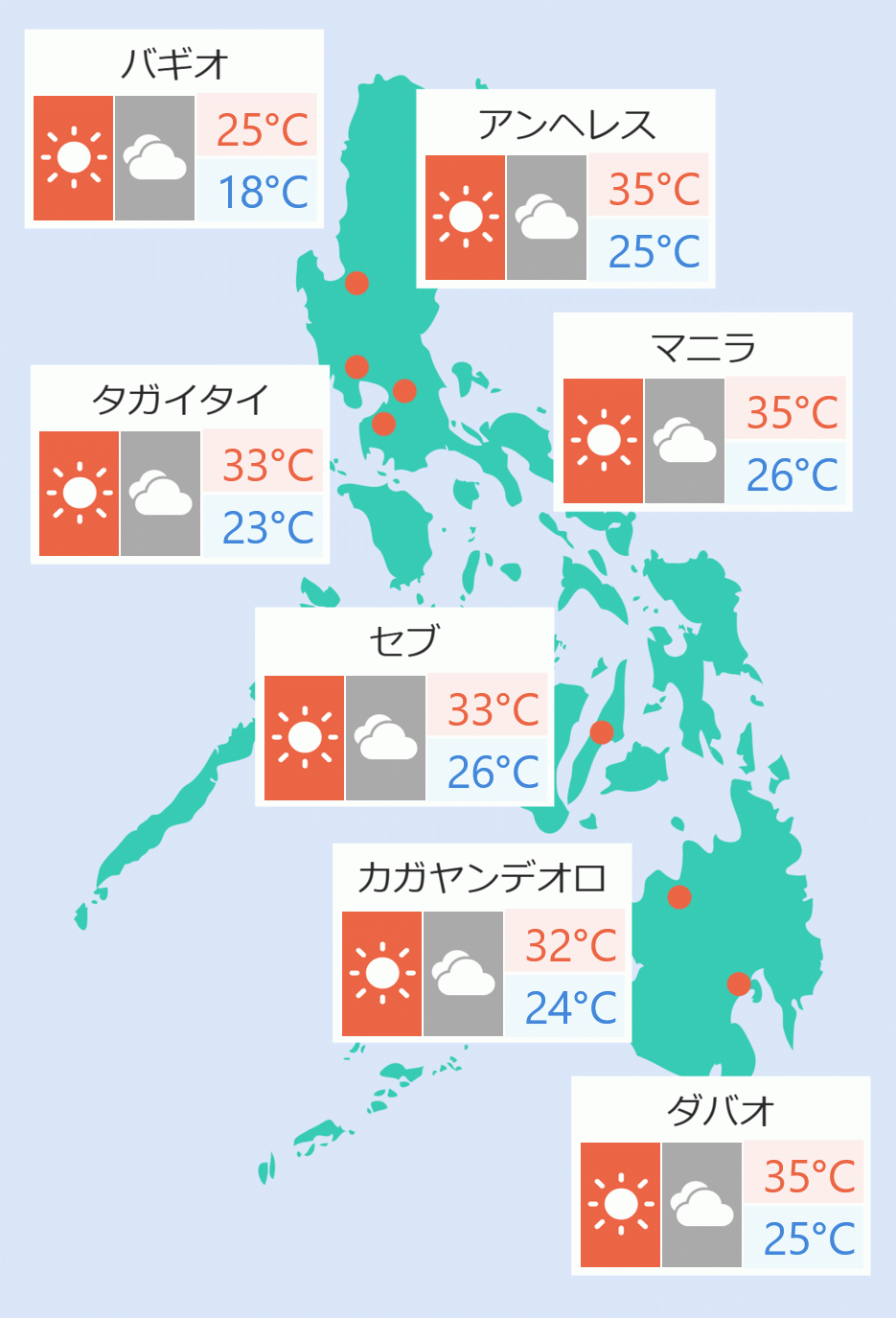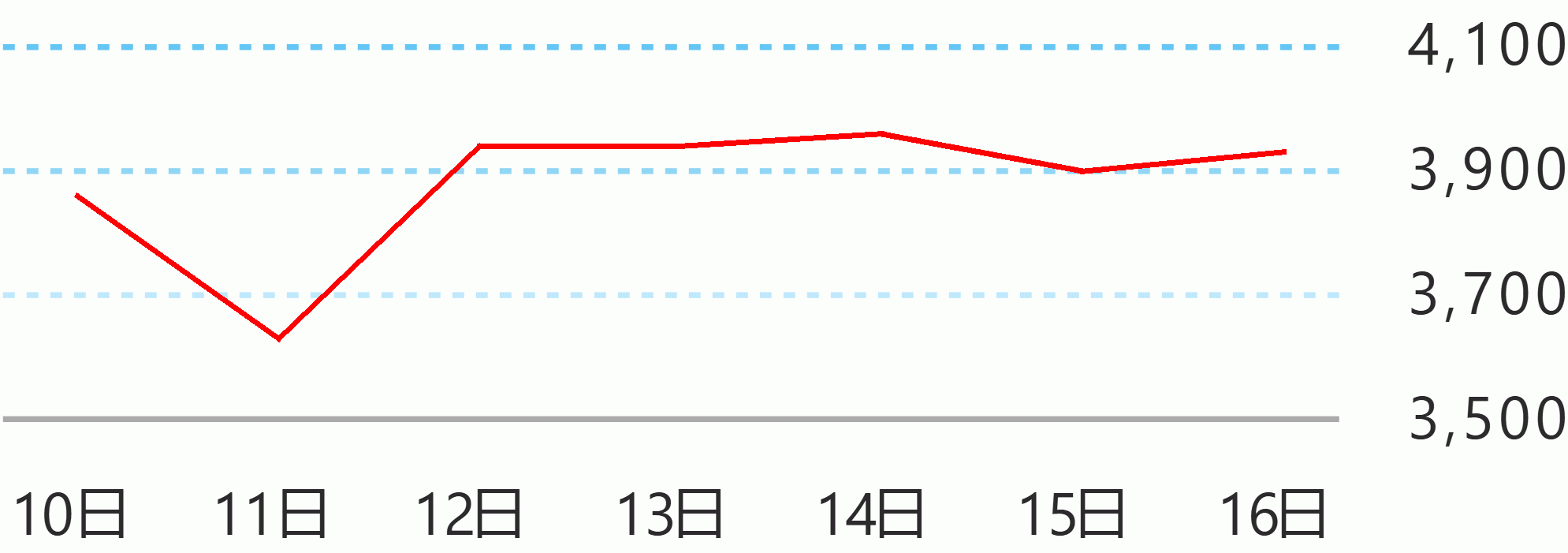The Philippines has still many potential gas fields that remain unexplored to provide for the energy requirements of the country, an official of the Department of Energy (DOE) said on Saturday.
Undersecretary Sandy Sales of DOE’s Energy Resource Development and Oil Management said the country’s oil and gas exploration is still open to interested investors to tap these potential power sources.
“Marami pang mga lugar, hindi lang po Malampaya, ang mayroong mga potential para sa malalaking gas deposit,” Sales told a news forum in Quezon City.
Sales, however, noted a case pending before the Supreme Court regarding the issue of income tax involving the Malampaya gas project which discouraged potential investors.
“Ito iyong kaso ng income tax ng mga service contractor. Hanggang ngayon, hindi pa ito nare-resolve at nagiging malaking ‘overhang’ sa mga potential investors,” Sales said.
The taxation issue of upstream petroleum investors spawned from an interpretation by the Commission on Audit (COA) that the income tax payment of the Malampaya consortium should not have been charged as part of the 60 percent royalty share of the Philippine government.
The consortium is composed of Prime Energy Resources Development, UC38 LLC, and PNOC Exploration Corp.
Sales said the government is supportive of upstream exploration and production of oil and gas despite the country’s full commitment to decarbonization.
“The path to decarbonization ay hindi iisa. What works for other jurisdictions does not necessarily apply to the Philippines,” Sales said.
“Sa ibang lugar, sinasabi nila na kailangang isara ang coal plant. Iyon ang kanilang path. Pero sa atin, pareho tayo ng gustong puntahan pero iba ang ating tatahaking landas. Kasi iba ang sitwasyon natin. Kailangan nating ma-stabilize ang ating power supply,” he added.
President Ferdinand Marcos Jr. recently signed the renewal of Service Contract (SC) No. 38 for the Malampaya Deep Water Gas-to-Power Project.
Sales said to produce the remaining gas reserve after 2024, the government has to sign the contract renewal for the said project.
“It’s about 80 to 140 BCF (billion cubic feet) that would have been stranded if the contract was not renewed. In the renewal agreement, it is also required that the consortium conduct near field appraisal and development. This is to add reserves and increase the production of the Malampaya field,” he said.
“Initially, based on technical review, potentially there is an additional 210 BCF that can be developed close to the existing Malampaya field. So this would require drilling of wells and substantial subsea work to tie back the new production wells into the existing Malampaya production facilities. So this is a firm commitment as part of the renewal agreement,” the DOE official pointed out.
The Malampaya Project is seen to reduce the country’s dependence on oil imports and ensure a more stable supply of cleaner energy from an indigenous source. Presidential News Desk




 English
English











